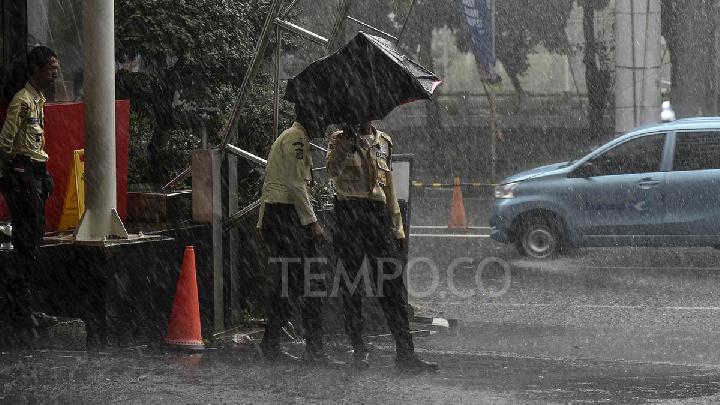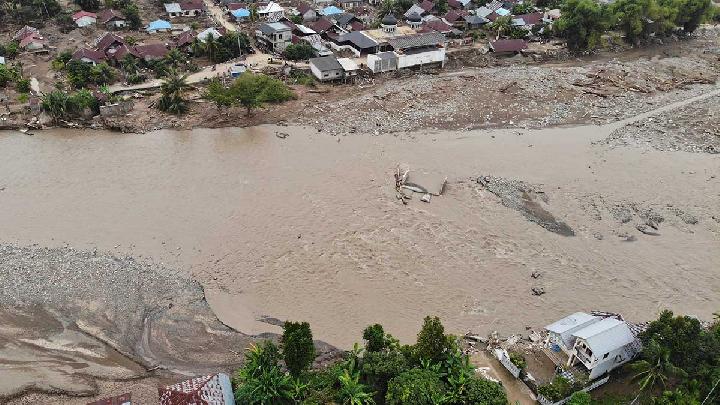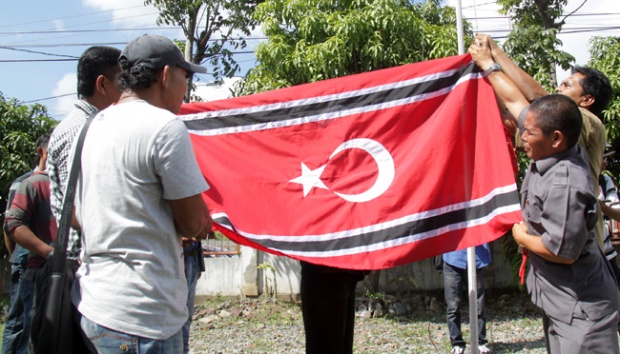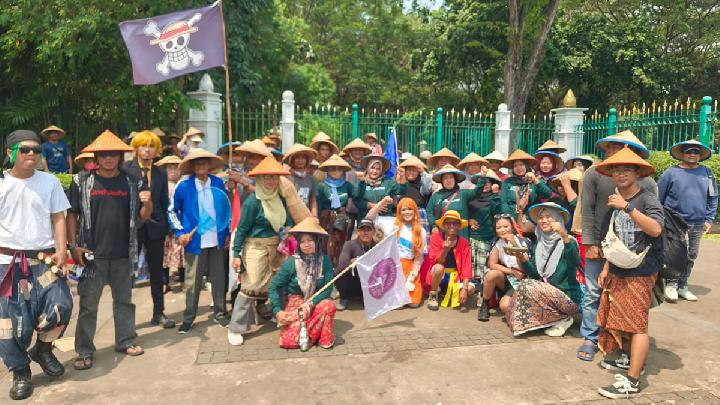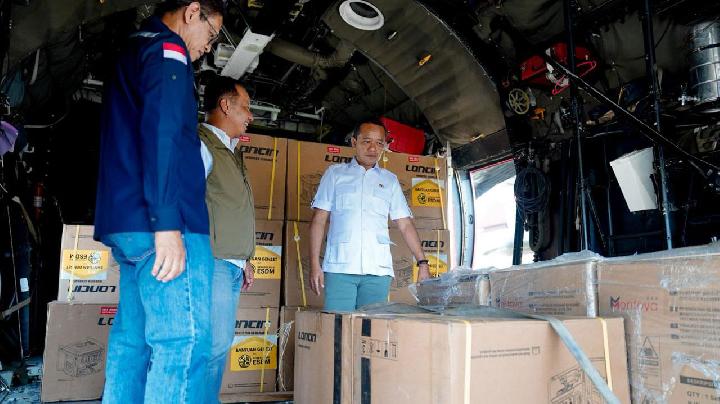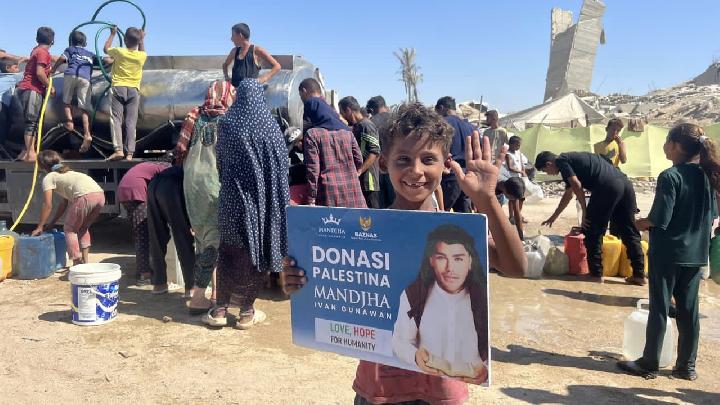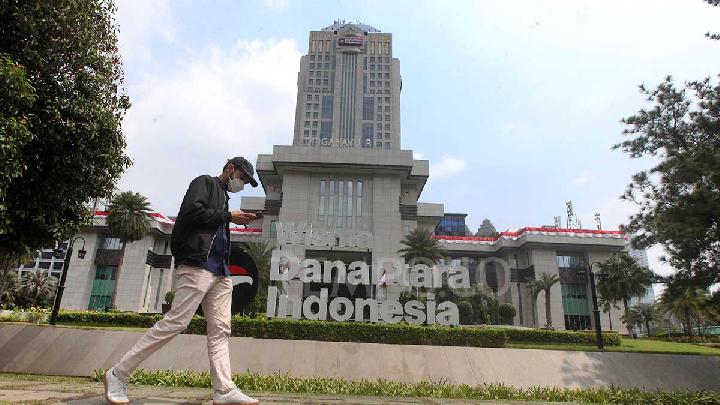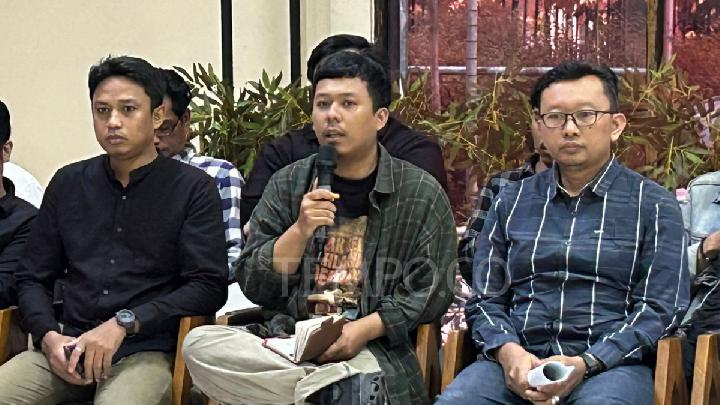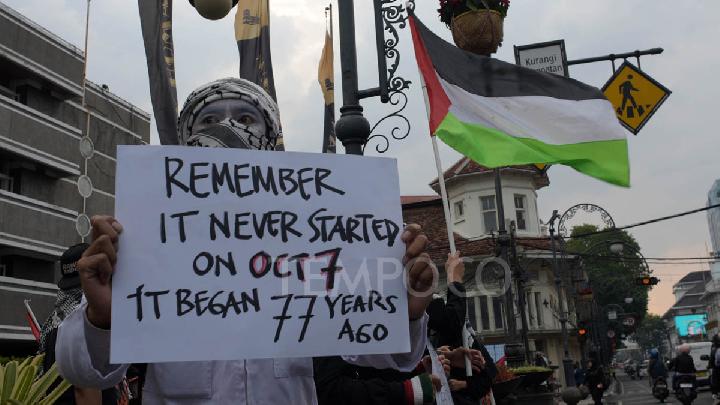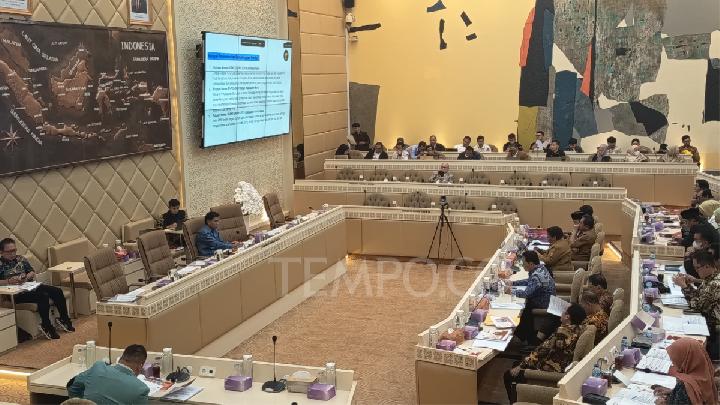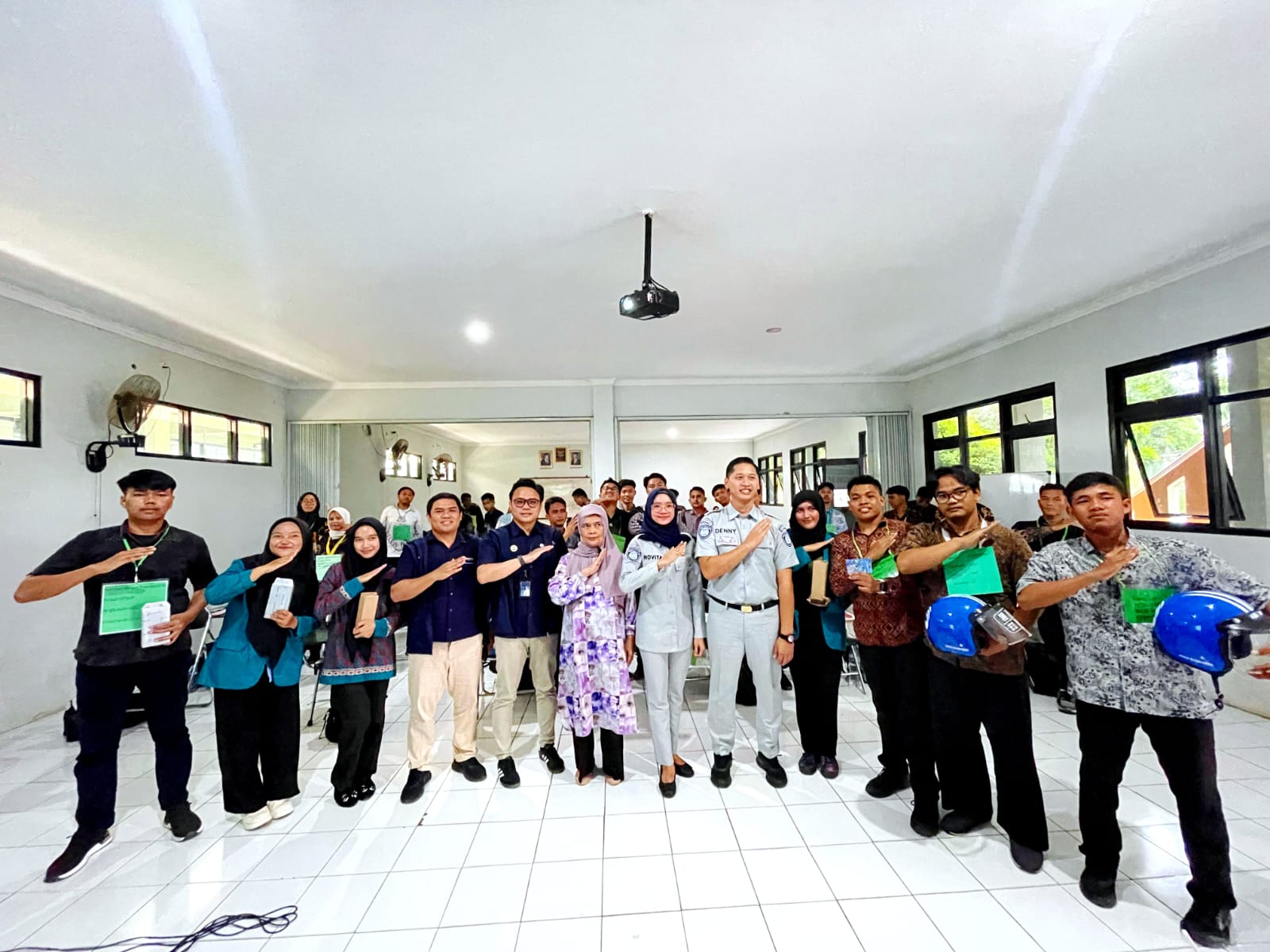By Grace Wangge and Ika Idris, Monash University, Indonesia.
Indonesia’s flagship free nutritious meals initiative, Makan Bergizi Gratis (MBG), launched in early 2025 as part of President Prabowo Subianto’s campaign promise, is now facing intense scrutiny following a series of mass food poisoning incidents affecting thousands of schoolchildren. Intended to provide free lunch to elementary and junior high school students nationwide, the program has instead exposed serious flaws in planning, execution, and oversight—raising urgent questions about public safety, governance, and political interference in public transparency.
Members of parliament, nutritionists and civil organisations believed the MBG was implemented hastily, with minimal preparation and without proper umbrella regulation in place. The regulation is needed, not only because the program needs a proper standard for the food preparation and distribution, but also because, given the scale of the program, a cross-sectoral oversight mechanism is needed. Currently, only the National Nutritional Agency (Badan Gizi Nasional/ BGN) is operating the program, while the food distribution and its monitoring is supposed to be under supervision of the ministries of education and health and provincial governments.
The consequences of this rushed rollout have been severe. In late September 2025, more than 9,000 children across West Java, Central Java, and Banten were hospitalised after consuming MBG meals. The largest outbreak occurred in Cipongkor, West Bandung, where over 500 students fell ill in a single day. Investigations revealed that none of the 85 MBG kitchens in the district had passed food safety certification.
Similar cases were reported in Cianjur, Garut, and Tasikmalaya. Many kitchens operated with poor standards, lacked refrigeration, used expired ingredients, and employed untrained staff. In some cases, meals were prepared in private homes or makeshift facilities with no sanitation standards.
The academic review highlights the absence of a centralised monitoring system. There was no real-time data on kitchen conditions, distribution routes, or health outcomes. Reporting was reactive, fragmented, and inconsistent, making it difficult to respond to emergencies or prevent future incidents.
Indonesia’s food safety regulations require all mass meal providers to undergo certification by the Ministry of Health. However, MBG bypassed these safeguards. The Ministry of Health and Indonesian Food and Drug Authority were not consulted on menu design, nutrition standards, or hygiene protocols. As a result, MBG operated without a coherent regulatory framework, leaving critical gaps in food safety, logistics, and accountability.
Another concern raised in the analysis is the politicisation of MBG. The program’s rollout was closely tied to campaign narratives, and its execution involved actors affiliated with political parties and security institutions. Several MBG contracts were awarded to foundations with links to retired military officers and partisan networks, raising concerns about conflict of interest and the diversion of public funds.
Despite this, the national budget for this program will be increased up to Rp.300T (about $18B USD) for the year 2026. It will be inserted through the national education budget, with significant allocations diverted from teacher training, school infrastructure, and curriculum development. This reallocation was done without parliamentary debate, undermining the integrity of Indonesia’s education policy.
Countries such as India and Brazil have long-standing school meal programs supported by centralised kitchens, community monitoring, and strict safety audits. India’s Mid-Day Meal Scheme, for example, operates through a network of certified kitchens, engages local communities in oversight, and includes nutrition education as part of the curriculum. The program has been credited with improving school attendance, reducing child malnutrition, and supporting rural economies.
Even with these precedents, Indonesia’s MBG program failed to adopt similar safeguards. The academic review emphasises that there was no attempt to learn from India’s, Brazil’s or Japan’s experience. The policy analysis stated that the program has significant potential to improve child nutrition and the local economy, but it is being implemented without a strong regulatory framework, with minimal technical guidelines, or a clear monitoring and evaluation system. Furthermore, the massive use of ultra-processed foods and the neglect of local foods are also major problems.
A study by Monash University Indonesia recommends that Indonesia urgently use decentralised planning, community participation, and grievance redress mechanisms. They argue that adapting these elements to the Indonesian context could significantly improve the safety, efficiency, and impact of MBG.
Recommendations for reform
In light of the findings, the academic team proposes a series of corrective measures to address the systemic failures of MBG. These include:
- Temporary suspension of MBG: The program should be paused until minimum safety and governance standards are met. This includes certifying all kitchens before they can start, training staff, and establishing clear protocols for food preparation and distribution.
- Establishment of a national oversight body: A cross-sectoral agency involving the Ministry of Health, Ministry of Education and Culture, Food and Drug Monitoring Agency, provincial government and civil society organizations should be created to oversee MBG implementation.
- Mandatory food safety certification: All MBG kitchens must pass MOH certification before operation. Regular inspections and audits should be conducted to ensure compliance.
- Clear and one point monitoring system: A centralised dashboard should be developed to track kitchen conditions, delivery routes, and health incidents in real time. This system should be accessible to the public and include mechanisms for reporting complaints from the public, including children
- Community engagement: Local communities should be involved in menu planning, distribution, and feedback. This includes students, parents, teachers, and school administrators who can provide valuable insights and ensure accountability.
- Policy realignment: The government should revisit the funding structure of MBG, restore education allocations, and ensure that future programs are designed with evidence-based planning and stakeholder consultation.
A turning point for public policy
The MBG crisis represents more than a failure of a single program—it is a reflection of deeper issues in Indonesia’s public policy landscape. The prioritisation of political visibility over institutional capacity, the erosion of regulatory safeguards, and the marginalisation of expert input have created conditions ripe for failure.
The academic review concludes that while school meals are a vital social protection tool, they must be implemented with care, transparency, and accountability. Without these safeguards, programs like MBG risk harming the very children they are meant to support.
As public pressure intensifies, the government appears to be continuing the program while downplaying concerns and promoting counter-narratives to address perceived shortcomings. For now, thousands of children and their families are left questioning the safety of a meal that was meant to nourish—not harm. The challenge ahead is not just technical—it is moral, political, and deeply urgent.
Musa Izzanardi, data engineer, Tussie Ayu Riekasapti, Writer, Meita Annissa, Writer, and Nurul Amalia, Research Assistant, contributed to this article.
Contributors from Monash Data and Democracy Research Hub.
Originally published under Creative Commons by 360info™.
*) DISCLAIMER
Articles published in the “Your Views & Stories” section of en.tempo.co website are personal opinions written by third parties, and cannot be related or attributed to en.tempo.co’s official stance.




